The Supreme Court will examine a plea filed by Delhi Chief Minister Arvind Kejriwal and Aam Aadmi Party (AAP) leader Atishi on September 30, challenging a High Court ruling that rejected their defamation case against the Bharatiya Janata Party (BJP) leader, Rajeev Chandrasekhar. The case centers on remarks made by Chandrasekhar in 2021, which Kejriwal and Atishi allege were defamatory and intended to harm their reputations.
The Delhi High Court had previously dismissed the defamation suit, stating that it lacked sufficient grounds for further legal action. This ruling has prompted the two AAP leaders to escalate the matter to the Supreme Court, arguing that the High Court’s interpretation of defamation laws was flawed. They contend that the public nature of Chandrasekhar’s comments significantly impacted their personal and political standings.
Kejriwal and Atishi’s plea raises critical questions about freedom of speech versus protection against defamation, highlighting the ongoing tension between political parties in India. This case not only reflects the strained relations between AAP and BJP but also underscores the broader implications for political discourse in the country. Both parties have exchanged accusations over various issues, and this case adds another layer to that contentious environment.
Legal experts indicate that the outcome of this case could set a precedent regarding the limits of political speech and the scope of defamation laws in India. If the Supreme Court rules in favor of Kejriwal and Atishi, it may embolden other politicians to seek legal redress for perceived slights, potentially altering the landscape of political communication. Conversely, a ruling against them could reinforce the notion that politicians must endure harsher scrutiny and more robust debate.
The Supreme Court’s decision will be closely watched, not only by those involved in the case but also by political analysts and legal scholars who are keen to understand how the judiciary balances individual rights with freedom of expression. Both sides are expected to present robust arguments, with Kejriwal and Atishi likely emphasizing the need for accountability among public figures, while Chandrasekhar’s defense may invoke the principles of political debate and discourse.
As the political climate in India becomes increasingly charged, this case serves as a reminder of the delicate balance that must be maintained between freedom of speech and protection from defamation. Political rhetoric often blurs the line between opinion and fact, complicating matters of legal interpretation. The outcome of the Supreme Court hearing on September 30 could have lasting repercussions for how such disputes are handled in the future.
The implications of this case extend beyond the parties involved. It highlights the importance of maintaining a healthy democratic discourse, where criticisms can be made without the looming threat of legal action. In a country where political competition is fierce, establishing clear guidelines on defamation is essential for preserving both robust debate and individual reputations.
Observers also note the rising trend of defamation cases among politicians in India, signaling a potential shift in how public figures respond to negative statements. This evolving landscape raises questions about accountability and the responsibility of leaders to engage constructively with dissenting voices, rather than resorting to litigation.
As the Supreme Court prepares to hear the arguments, both Kejriwal and Atishi are poised to make a compelling case for their right to defend their reputations. The outcome will not only influence their political futures but may also reshape the discourse surrounding political accountability in India.
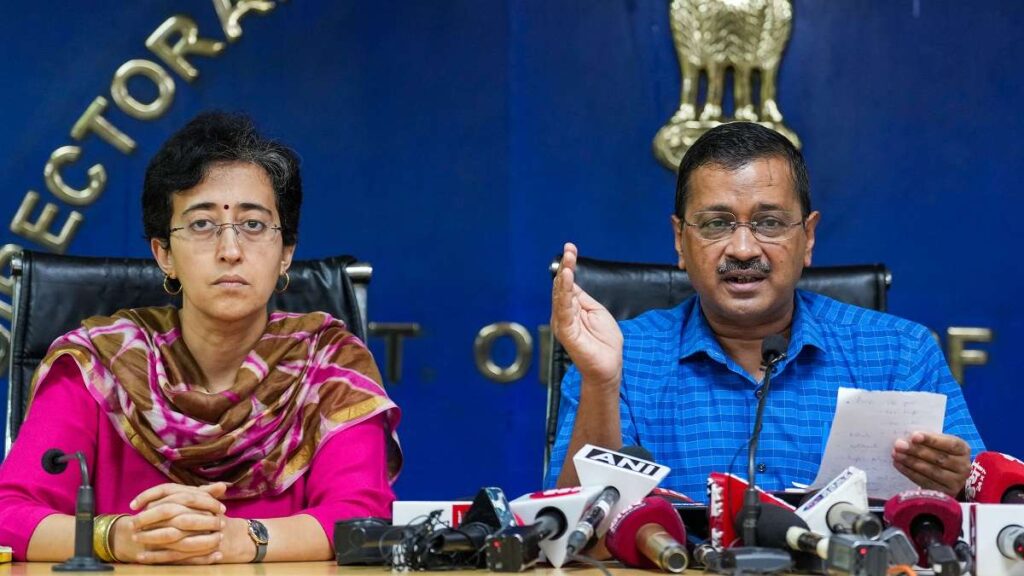
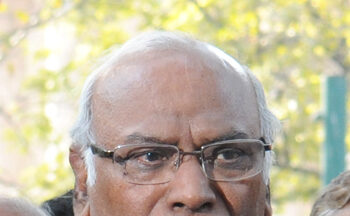
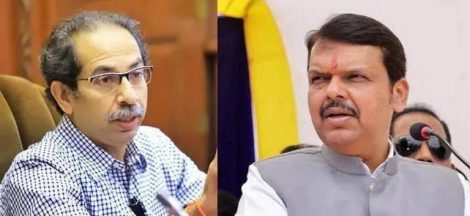
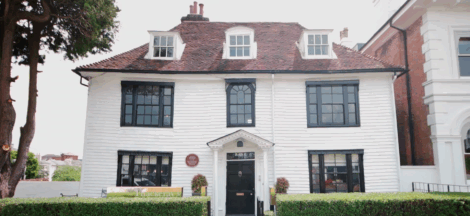
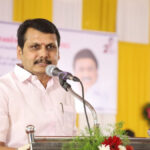 Senthil Balaji’s Bail Paves Way for Cabinet Return
Senthil Balaji’s Bail Paves Way for Cabinet Return 